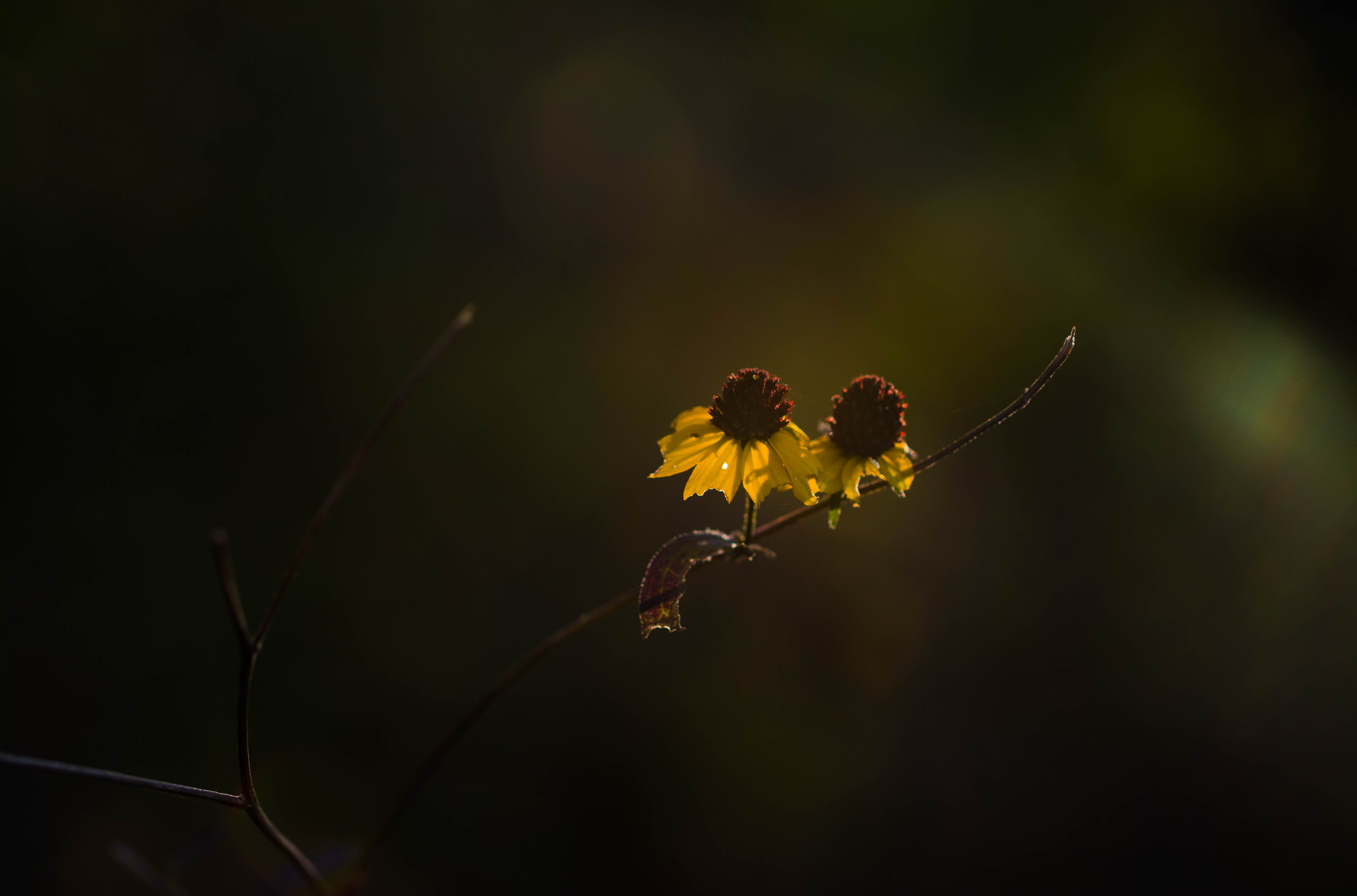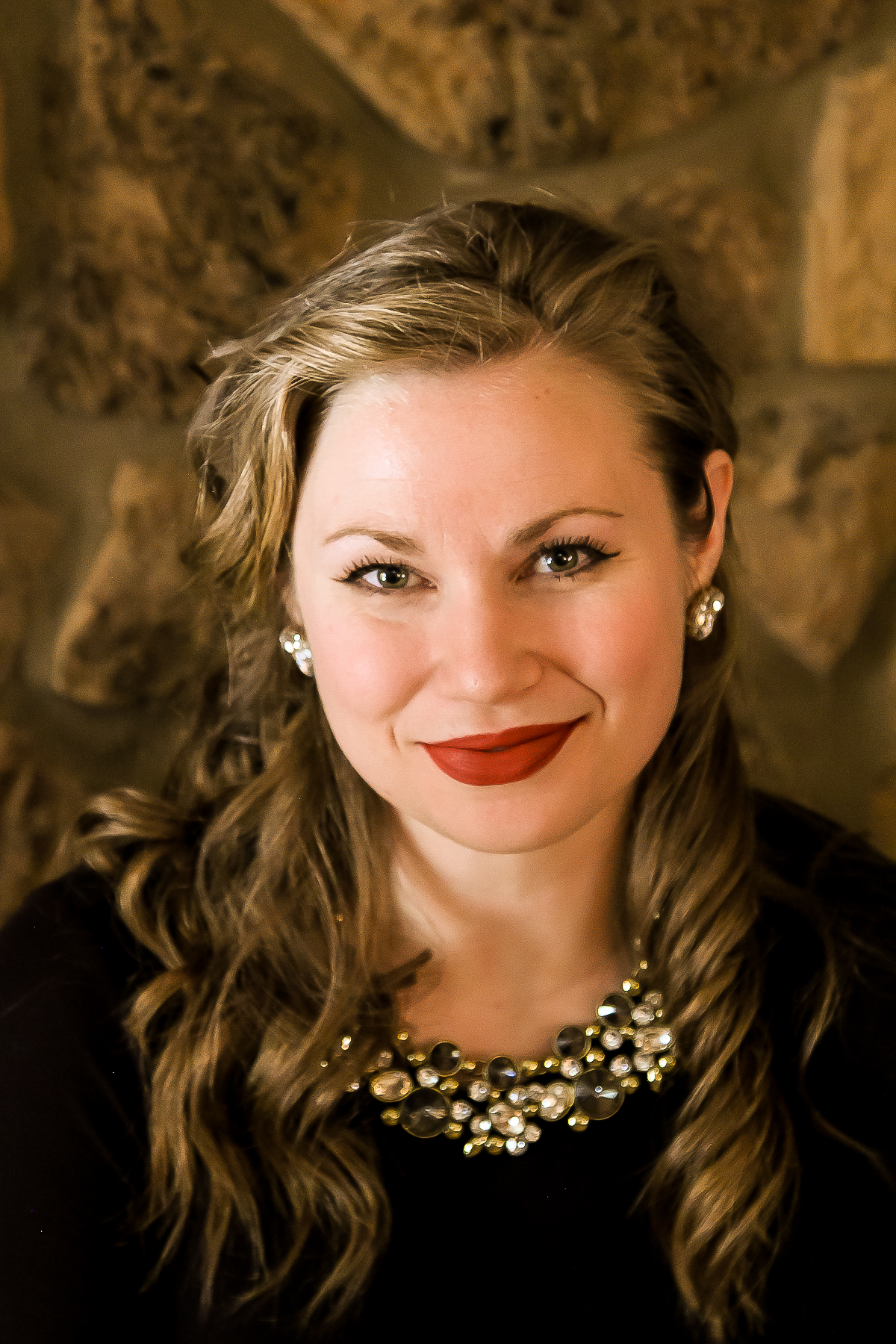I was laughing as I washed my hands at the kitchen sink, watching my husband make my children giggle at the dinner table. It was such happy racket I felt light-hearted as I picked up the phone to answer a call from my mom. I remember giggling into the phone.
“Hey Mom! Sorry, we’re just finishing up dinner – can I call you back in a sec?”
It was the silence. Not too long – a heartbeat of hesitation on the other end of the line. Then my dad’s voice came over the line.
“No.”
My smile fell off my face.
“Oh… oh okay,” I said, drying my hands as I started to walk to the other side of the house for quiet.
“Is something wrong?”
Another pause. I paused too, standing on the other side of my bedroom door, my hand on the doorknob, cupping the cool metal inside my quickly heating palm.
“Your mom has cancer.”
That moment was the beginning of the journey that my family and I have yet to finish traveling. I never thought I’d be mothering my babies and cradling the fading shreds of life that still clung to my own mother.
She was 55 when her cancer appeared. By the time they caught it, it was already stage four, the direst stage a cancer can be before it shuts down the human body and shifts it in shadow to the other side of the veil.
Her diagnosis was almost two years ago. After months of grueling chemo and radiation, she is holding steady. The cancer has hidden itself back in her body, temporarily crippled. My siblings, my father, my husband and I are grateful – relieved, even, but not consoled. Because after a person looks death in the face, how can consolation ever cover the multiplicity of the evils death’s demeanor holds? And how do I, the beloved daughter of the most determined, dedicated, and loving woman I’ve ever known, let go of my claim to a piece of her life?
A dear friend once told me, when I confided in her that I was terrified my first pregnancy would end in miscarriage, that I should remember that the child in my womb wasn’t my child to begin with. This child was God’s. I was just the one privileged enough to raise that child in His light, not the one to whom the child belonged. And if Christ took my child back to Him sooner than I had hoped? Well, that was His prerogative. He had better things prepared for my child then I ever could have prepared for him on this side of eternity, so how could I blame God if he chose what was better for my child sooner than I would have? I was humbled.
But these last few years I’ve been a hypocrite – refusing to admit that the same truth applies to my mother. I’ve been wrestling to believe that the transformation of my mother’s life from pain to glory would outweigh the waves of grief that would drench our souls without her.
As I process this whole path I’m walking, I keep asking myself what ‘letting go’ would look like. And in my mind’s eye, I keep seeing a leaf on a tree turn to brown, fade… and fall. To me, Autumn has always been the season of passing away. When trees lose their emerald leaves and stand bare in the quickly cooling air, my heart goes out to them; it’s like I see them shivering against the sky, stark and naked and lost. When the geese fly south for the winter and pass over the browning land in all their swooping glory, I almost wish I could go with them… to fly on feathered wings to a better place, leaving the stark chill and the bareness behind me.
In my heart, I know that this is not what Autumn really is. At least not wholly.
While I was sitting at my desk the other day, I was looking out my window, and as I looked, I felt like I could feel the crisping of the air begin around the eaves of my window. Fall was coming. Why? What was the point, if it was just a harbinger of bitter cold and the hibernation of all that was beautiful?
But in my cynicism I knew that Autumn wasn’t just a precursor for winter, it was a priest, preparing us for the eucharist of another Spring. Not death, but the ritual for the resurrection of life. If this is what the creation around me claims, I thought to myself, shouldn’t I claim it too?
If God proves Himself faithful year after year in his own creation, turning death into life, how could He not prove Himself faithful in our own seasons of loss? To realize that our Christian lives aligned with the natural world was humbling in that moment.
George Herbert’s passage in The Country Parson illustrates much more poignantly than I could. He is describing the behavior and beliefs a minister of the Lord should embody, and particularly, the convictions the minister (a parson) should hold in order to shepherd his flock. Herbert describes the embodied beliefs this way:
“[The Parson] sees not how a house could be built without a builder, or kept in repair without a housekeeper. He conceives not possible how the winds should blow so much as they can, and the sea rage so much as it can… [without] the usual seasons of summer and winter, earing and harvest. Let the weather be what it will, still we have bread, though sometimes more, sometimes less… [Therefore] he conceives not possible how he could believe a Divinity, if he had been at the Creation of all things, should less believe it seeing the Preservation of all things. For preservation is a Creation, and more, it is a continued Creation, and a creation every moment.”
I loved that. To believe that the seasons, good or bad, are being preserved by God – to believe that the goodness of His act of creating this world is worked out in love, second by second, as He preserves the creation he so lovingly crafted once upon a time? It was reassuring.
I happened upon this poem by Christina Rosetti the other day. It stirred my heart as thoughts of my mother weaved in and out of my head. As I read, I saw such a picture of completion in three simple stanzas. When my eyes had read the last word on my sun-soaked page, I paused, lost in thought. As I gazed at the poem, it suddenly occurred to me that it was written in seasons; each stanza was like a season of the Christian life – of the Christian hope in the resurrection of the body. Rosetti says so much with so little:
“THAT WHERE I AM, THERE YE MAY BE ALSO”
How know I that it looms lovely that land I have never seen,
With morning-glories and heartsease and unexampled green,
With neither heat nor cold in the balm-redolent air?
Some of this, not all, I know; but this is so;
Christ is there.
How know I that blessedness befalls who dwell in Paradise,
The outwearied hearts refreshing, rekindling the worn-out eyes,
All souls singing, seeing, rejoicing everywhere?
Nay, much more than this I know; for this is so;
Christ is there.
O Lord Christ, Whom having not seen I love and desire to love,
O Lord Christ, Who lookest on me uncomely yet still Thy dove,
Take me to Thee in Paradise, Thine own made fair;
For whatever else I know, this thing is so;
Thou art there.
I still am not consoled as I walk this road with my family. I don’t think I ever have to be. But I am reassured: I remember what is coming by what has been.
I see the withering leaves, and I recall the burgeoning blossoms of seasons past; I watch the flowers shrivel, and I look to their coming again, brighter and more beautiful in the season to come. For now, I will practice the age-old art of waiting, loving and letting go.
A founding member of The Cultivating Project, Christina has been fascinated by beauty her whole life. Color, texture, pattern, fragrance, melody, light – all of the boundless ways in which creation shines – ignites her imagination, compelling her to create. Even as a wee sprite, Christina was dedicated to wordsmithing and sketching her way through its marvels in an attempt to capture, at least partially, the imprint of the Creator within it. But writing and drawing are not her only creative endeavors; several years ago she took on the laborious (but rewarding) task of nurturing a garden in the dismal soils of the Rocky Mountain foothills, and has eagerly employed her spade (alongside her pen) as a tool to cultivate and curate the beauty around her.
She has two little gardeners-in-training who embody all these marvels and more in their merry little faces. She and her husband Brian are the founders of the Anselm Society based in Colorado Springs, whose mission and calling is a renaissance of the Christian Imagination. She serves as the Director of the Anselm Society Arts Guild and her creative work can be found at LiveBeautiful.today and on Instagram.
Leave a Reply
A Field Guide to Cultivating ~ Essentials to Cultivating a Whole Life, Rooted in Christ, and Flourishing in Fellowship
Enjoy our gift to you as our Welcome to Cultivating! Discover the purpose of The Cultivating Project, and how you might find a "What, you too?" experience here with this fellowship of makers!


This is beautiful, Christina! Your sister Brittany is one of my good friends, and sent me the link. I’m going through my own season of loss and grief after having lost our daughter earlier this year to stillbirth. It’s so important to remember, that “this too shall pass,” and that Christ is there amidst our suffering.
Christina, thank you for letting us walk with you for a minute or two on this painful journey. A radio commentator quoted a section of verse recently about how he learned little when he walked with happiness though she chattered away; but drank of deep truth when he walked with sorrow though she spoke not a word. May our Lord continue to grace you with truth as you continue your journey with sorrow. this road too ends ultimately in joy. Denise
Denise, I love that image. I’m glad you shared it with me. I can see it in my mind’s eye.
Victoria, I am heartbroken to hear this. You are brave. never forget that.